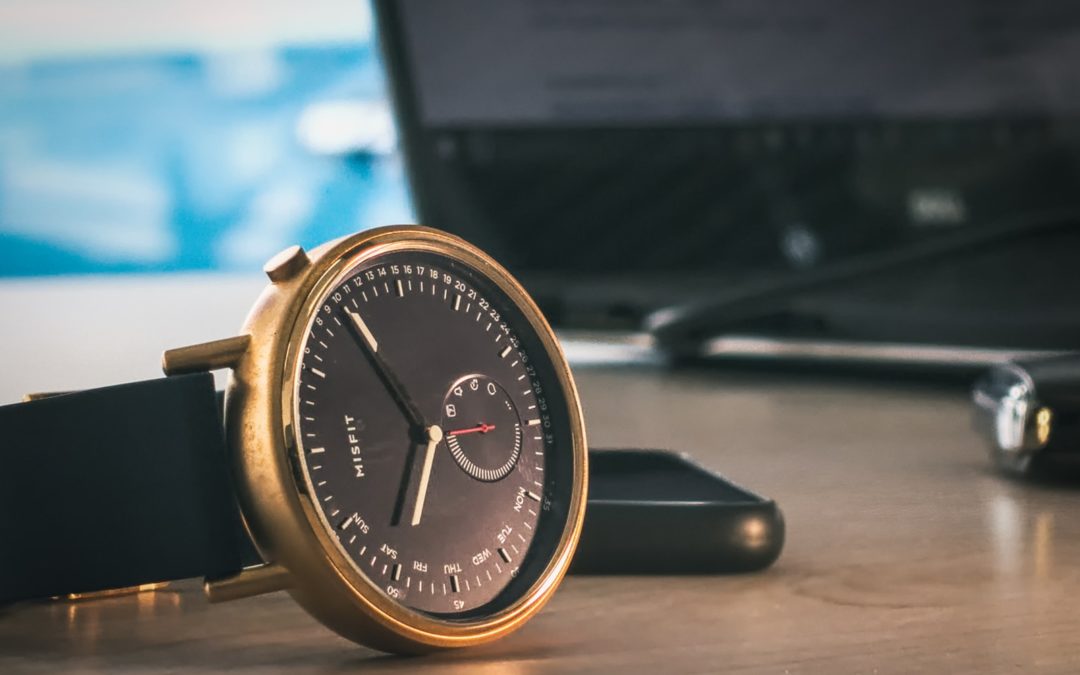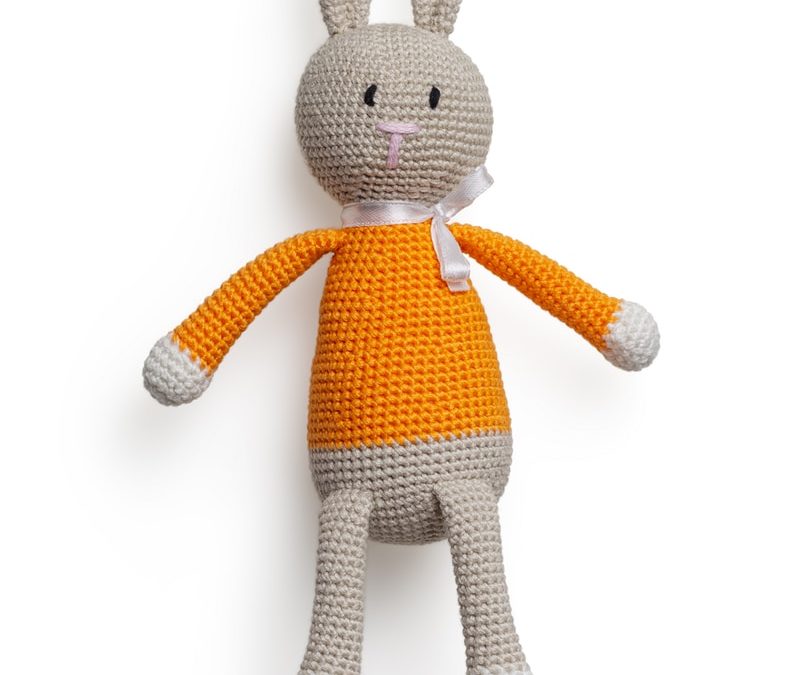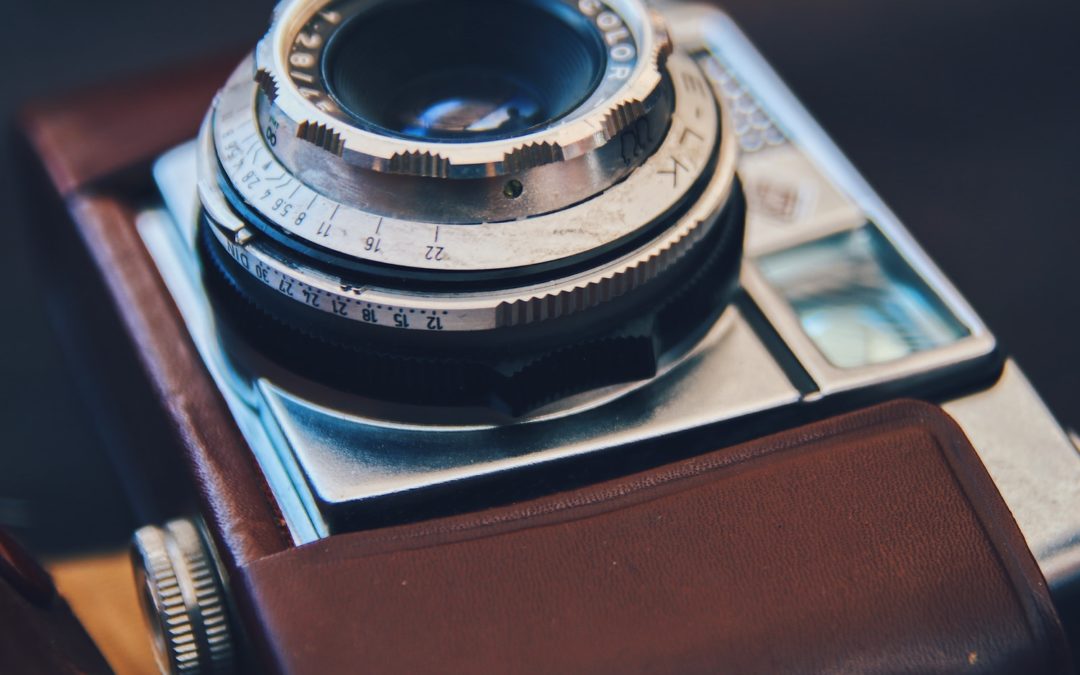
by admin | Oct 6, 2021 | Simple Self Help
Given the ease with which shops and retailers offer credit to all who they deal with, it is easy to collect plenty of personal debt seemingly without trying too hard. If you are already working with debt in your life then you need to take action on reducing your debts.
Understand exactly how much money you owe. Draw up a comprehensive list of all the companies and people you owe money to. Be honest with yourself in doing this process. Open every envelope that is sent by the people you owe money to. Keep them all in one file and in a place where you can refer to it quickly. Stay in regular communication with your creditors (your Creditor is the person who has given you credit as opposed to a Debtor who is someone owing you money), and let them know what is happening - even when you have no money, and nothing is happening to reduce your debts and the amount that you owe.
Get clear on the numbers, and you can be clear on your options.
Dealing with the bills and the debts that you have is best done with a focus on the interest rates that are highest. Split your available funds for debt repayment such that you are making the greatest inroads on the ones that are costing you the most.
Keep a strict and accurate handle on the paperwork related to your debt situation and ensure that you stay away from other opportunities to waste money. Your priority is to deal with the existing debt and reduce it down to nothing, however long this task takes you.
Maintain regular payments to all your creditors even if the amount you pay each month seems tiny to begin with. As you pay down the high interest debts and eventually pay them off, take the amount that was your regular payment and throw that at the next highest interest rate until that is gone too. Over a period of time you will see the same benefits of compounding in your successful debt reduction as you are looking forward to in the accumulation of future savings. Remember that it is not just the regularity of the small payments, but also the fact that you are communicating with your creditors regularly.

by admin | Sep 23, 2021 | Declutter
Guess what? Life moves on and so should you. I truly feel for you when you explain to me that once upon a time that jug or lamp cost you a lot of money on your payday. At the time it might have been a good idea because you bought something which seemed special at the time. But right now is the time zone we are dealing with, not yesterday or even yesteryear. Does that jug get used? Do you fill it with flowers every week? In the warm days of summer picnics is it filled with water and ice for family gatherings? If the answer is 'no', then it's time to go! Remember the mantra that I love to promote - S. D. G. B. Remember what this means - Sell, Donate, Gift or Bin.
Money is important. We all need it to live with and we have to make our way in the world using money to pay our bills and buy our food and utilities. But the life you are paying for is the same life that might just contain a bit of clutter. Am I right? So use your money wisely, make it work well for the downshift lifestyle that you want to create for yourselves. Money is also a very emotional topic and it provokes reaction in every one of us. The economy in many places right now is in a mess. if we are honest, we could all do with an extra income and this is reflected in the growth of people being willing to chat about having a side business or a side hustle to add to what they earn from a job or from self-employed work that keeps them busy.
No one will judge you for being cautious about what you spend your money on, but why hang onto something that has more realisable value once sold and gone that it had while sitting in your home and adding no value. Keeping the thing in your house will not bring back the money you spent to acquire it. The money left your wallet the day you bought it. Time has moved on and maybe the use or value of the item has changed too.
We once had a neighbour who had three cars on his drive. None of them worked. All had flat tyres and rusted bodywork. That's his choice. But one day he might want to move house and sell up. He will have to pay for someone to take the junk off his drive, but in the meantime the whole place will look unattractive and every time he looks out of his kitchen window he must be thinking "What have I done storing that junk in my space?" It can't possibly bring him any positive thoughts about the hanging on to clutter that he has gone through. If it doesn't add value, joy, pleasure to you life, let it go. If it has no value, is broken, does not support your lifestyle, let it go.
If you want to really feel the pain of money spent just consider the cost of holding the things you still have but which you do not need. In cost of rent or mortgage that you pay monthly there is a direct and measurable link between the cost of your clutter and the money going out each month. If your house is twenty percent clutter, then the cost of that clutter equates to twenty percent of your accommodation cost. The same is true of your insurance each month. I hope that encourages you to take action. You are paying to insure this rubbish! Stop it now.
You and I have both made mistakes with what we have bought in the past and how we have used or mis-used our funds. It's time to forgive ourselves for these errors and to accept that an item, which we once appreciated enough to pay a lot for, no longer holds that status or value and can be let go of.
You did the best you could with what you had at the time. You really did think you were making a good decision when you bought that item. I know. Grasping hold of this will allow you to move forward and say goodbye to the item without any more guilt.

by admin | Sep 9, 2021 | Declutter
While we may understandably want to break free of the clutter that surrounds us, we first have to deal with the emotional issues which have stopped us from taking action. The confusion here can come from you having a different emotional attachment to one item that another member of your household or a close friend will have with it. If your best friend thinks that having a dozen antique clocks in her house is normal and acceptable and you think it eccentric or even odd, you will see where I am going with this.
You might have a garage filled with walking frames, an electric powered mobility scooter that has long since eroded to being useless, and an upright piano. All these things arrived at your home twenty years ago when your grandfather died and none of your other relatives stepped up to the plate. You took responsibility for clearing these items, and for one reason or another you never managed to dispose of them. Your friend might have an attachment to the clocks because of her own family history and the ways in which she has accumulated them over several years.
What's your own story about the garage that can no longer be used for car storage or as a home workshop? In this way you see that one persons acceptable storage is seen by someone else as a pile of weird rubbish that should be chucked out.
A common excuse for not letting go of the clutter appears as : "I have to keep this. It was a gift". To which I say, "But was it a gift you loved immediately and knew you would always treasure?" If not, let it go.
We can fill our homes with birthday presents, art work from school when our children were toddlers, wedding presents from people who had bad taste in their choice of gift, or from recent presents we were given at a family gathering. The moment something has been given to you it is up to you to choose what you do with it. Why do you see so many good quality things uploaded onto auction sites immediately after Christmas, ThanksGiving and of course through out the year as people let go of the birthday and housewarming gifts they do not appreciate?
Keeping something you don't like in your house is a negative behaviour in that it does not truly represent who you are. Holding onto a gift when you do not like it, out of fear that you might hurt the feelings of the gift giver, is no way to lead your life as an adult. This whole process of Letting Go is about making your living space somewhere that is calm, supportive and filled with the energy you like. This means that what you have on display and see as you move around your home are items that you like and appreciate for their style, design, or attractiveness.
If Aunty Mary gave you a hideous vase as a wedding present five years or fifteen years ago, it should not be on the mantelpiece, on the shelf or even in the house. Sell, Donate, Gift or Bin. Certainly remove it from your space. Aunty Mary will understand. The item and your feelings and thoughts about the item are not the same thing. If you love the person, but don't like the gift, let it go. Your home should be a place of calm, not of guilt or unease. This process is all about you. Put yourself and your feelings and happiness first.

by admin | Sep 8, 2021 | Simple Self Help
This one is really easy. To hold onto your money and see it grow, simply spend it at slower rate than it comes in. Now, was that rocket science? Hardly! But most people have no idea how they spend their money. Slow down the pace at which it leaves your account or moves through your hands.
I suggest that you grab a sheet of paper and take it everywhere you go for a whole week. Use it to record every single penny, peso, dime, dollar, shekel, and euro you spend. Keep every receipt and write everything down. Do the same again the second and the third and fourth weeks and in doing that you have a one month pattern of your spending and inflow.
By totting up the numbers on your sheet for each week and deducting this money from your weekly or monthly income you know exactly where you stand financially each month. And all you have to do to win at the money game is take an area of your regular expenditure, work out what this is as a percentage of your income and ensure that next month you spend a reduced portion of your income in this area.
You either increase your income or reduce your expenditure in order to start winning. If your income is fixed, but you reduce your expenditure then you will be ahead of the game and you can choose to enhance the quality of your life by spending on some better things, or you can place the surplus into a savings account.
If you can increase your income and maintain the same fixed costs you can do the same again and place more money aside into an account where you get the rewards for having done so.
Where you can do both i.e. increase your income and reduce your fixed costs, then you are in control of a positive move forward, maintaining a lifestyle you choose and placing cash in the savings programme for your benefit further down the road.
Wherever and whenever you start, enjoy the process and realise that through the decision to keep track of your money you put yourself in a position of being able to keep hold of the money for the long term. So get pro-active and start to monitor all the money that comes your way. By knowing what you have and where it goes you get to choose how you spend what you hang on to.

by admin | Aug 26, 2021 | Declutter
In a house filled to overflowing with 'stuff' this, of course, is true to some extent. Yet how much do you need to bend reality to consider that you should keep five flathead screwdrivers of the same size, or that there should be six breadknives in your kitchen when one will do the same job? How about the many sleeping bags and knitted blankets in the spare bedroom?
You've hung on to these since your kids were teenagers and you keep them in case you and some future visitors should be snowed in one extreme winter? It doesn't matter how you justify keeping these things, because your reasons have served you well until today. I ask you to consider them from a fresh perspective. If it might be useful, but you haven't used it in a year, let it go. Bag it, box it and take it to the goodwill shop.
There is a tendency to learn from our parents and grandparents that everything has a potential future value. We learned their value system and in most cases the good things we were taught can help us in life and we can pass on the good skills to our children and friends we care about. But there were things which were relevant forty years ago that just have no value now in a different, faster, more complicated, less self-reliant approach to life where we are these days.
Do you need to know how to build furniture in your garage, or keep all the tools to do so?
Should you be skilled in curtain making, dress making, book binding, or picture framing?
Is bike repair a skill you consider hugely valuable?
Should you hold onto all the furniture items in your home?
If two of your live in your apartment or house, should you have enough seating for another dozen people?
My Mum recently moved from her home where she and Dad raised us all, into a nursing home where she can be better looked after than if she were living alone and subject to the dangers and worry of infirmity and falling. My brother and I calculated last week that in the downstairs rooms of the old family home we have three sofas, three large armchairs, eight folding garden chairs and a glass dining table, eight stacking chairs and a dining table for the sun lounge, one dining table and four chairs for the middle dining room, and two writing desks and chairs. That's enough seating for thirty four people in a house that Mum has lived in on her own for more than ten years!
The house doesn't feel cluttered, but this volume of furniture represents extreme clutter. It also serves as a reminder that where nine of us once lived together, it was in a house that hosted parties, events, prayer groups, history club meetings, parish meetings and where there was always a chair to pull up and chat with my parents. Nostalgia and clutter do tend to exist arm in arm. My brother and I will work through the furniture and see who wants want - and will turn up to collect it - and then decide where we donate the rest to ensure it continues to serve where it is needed.




